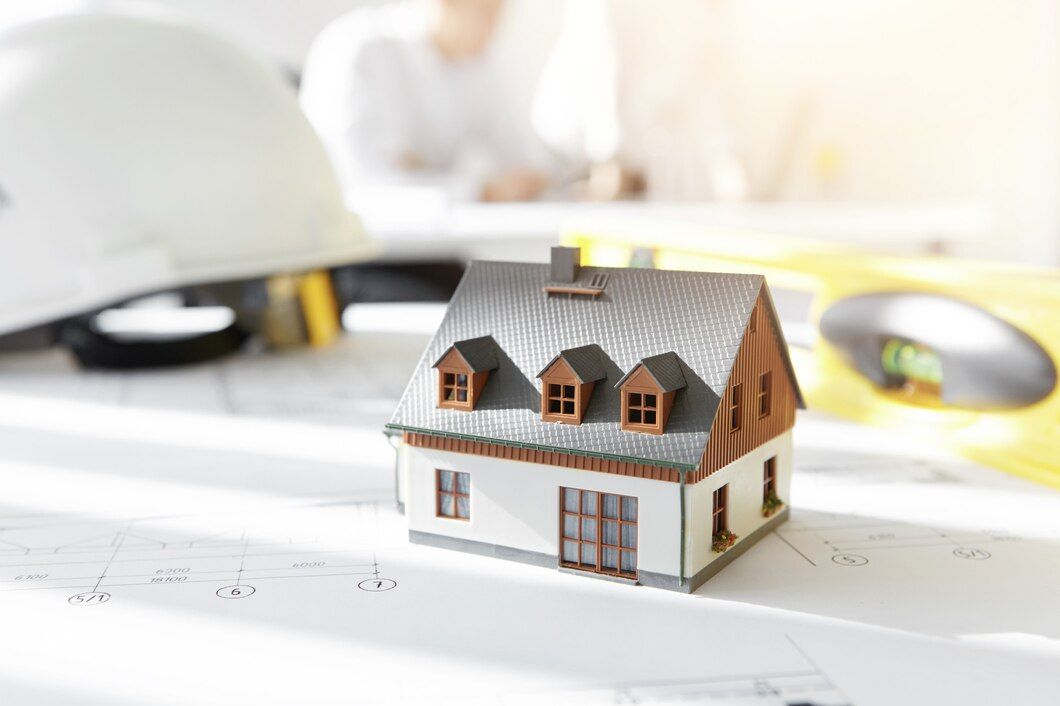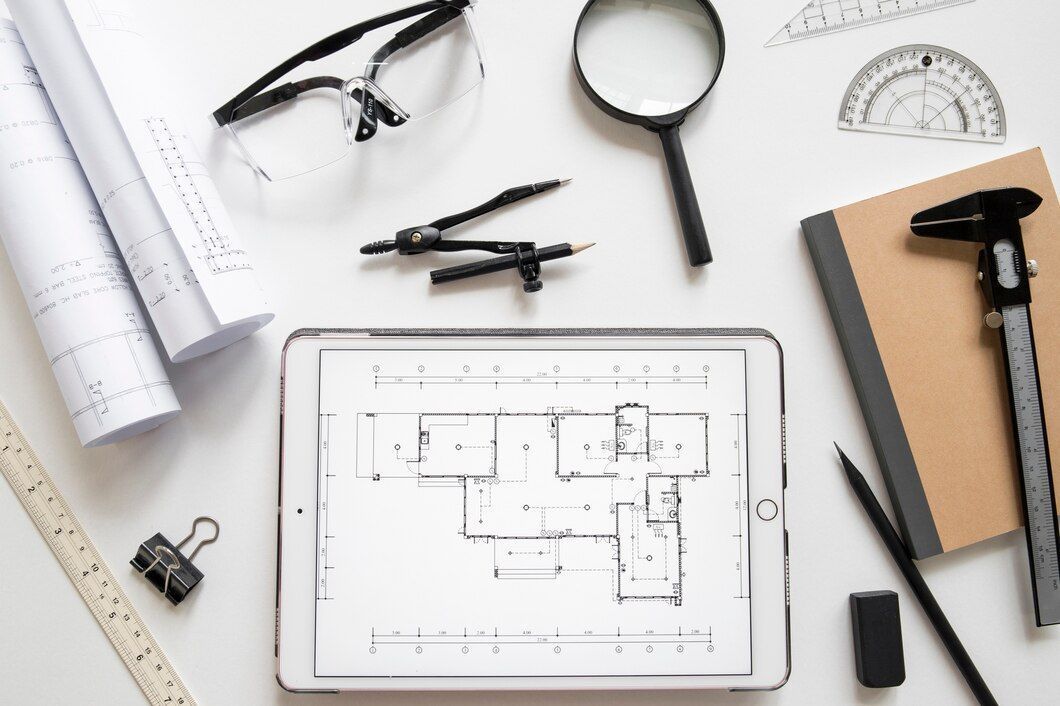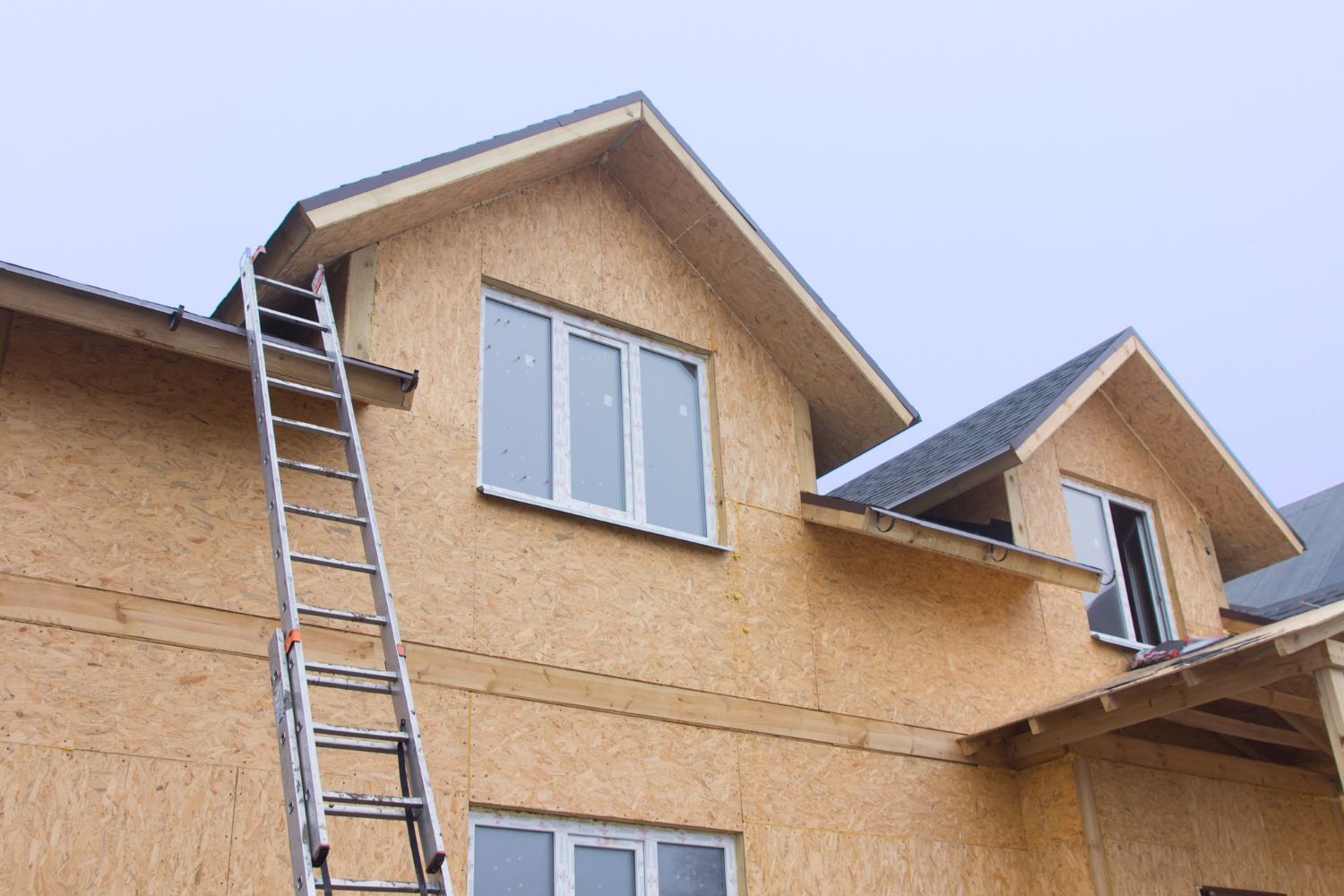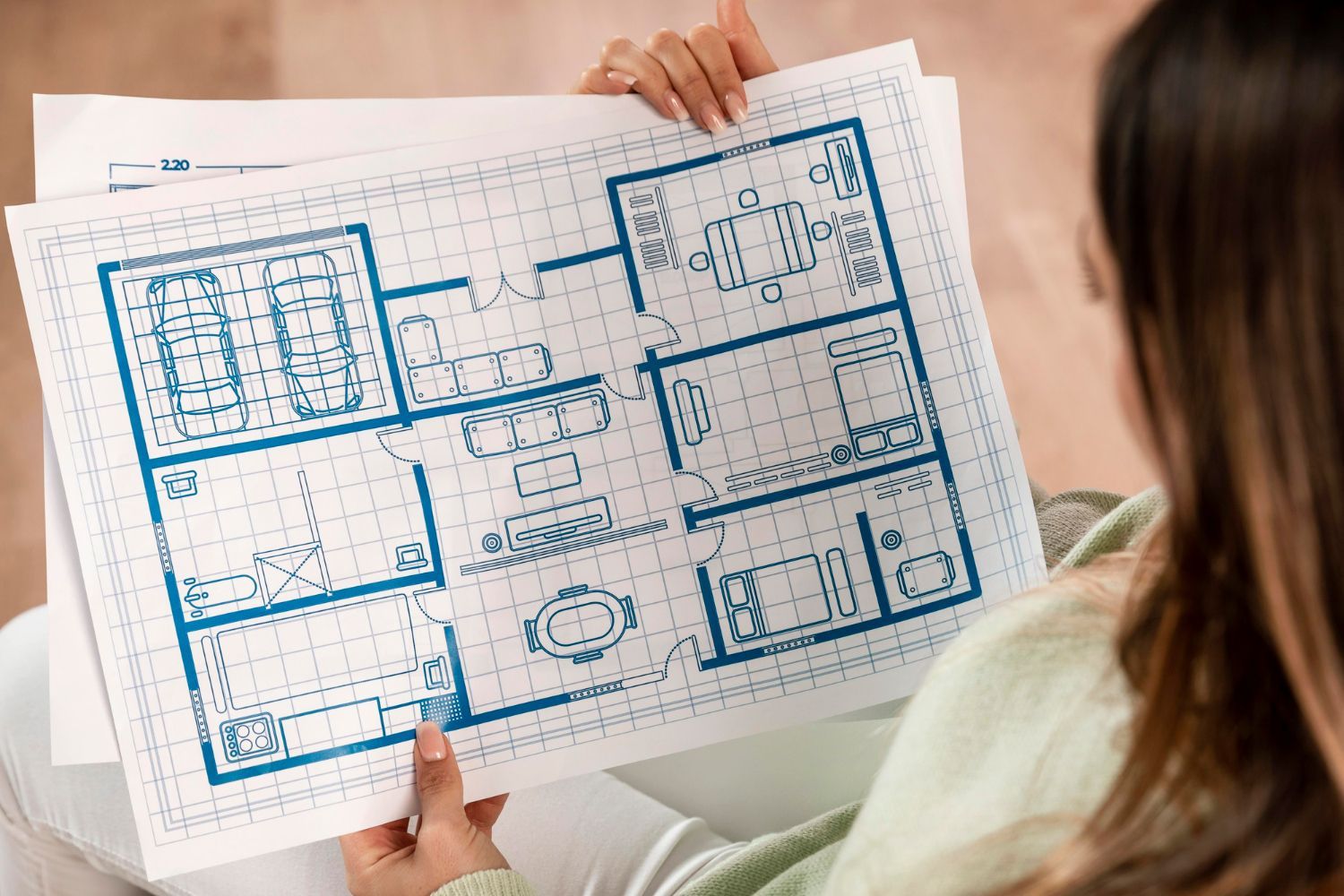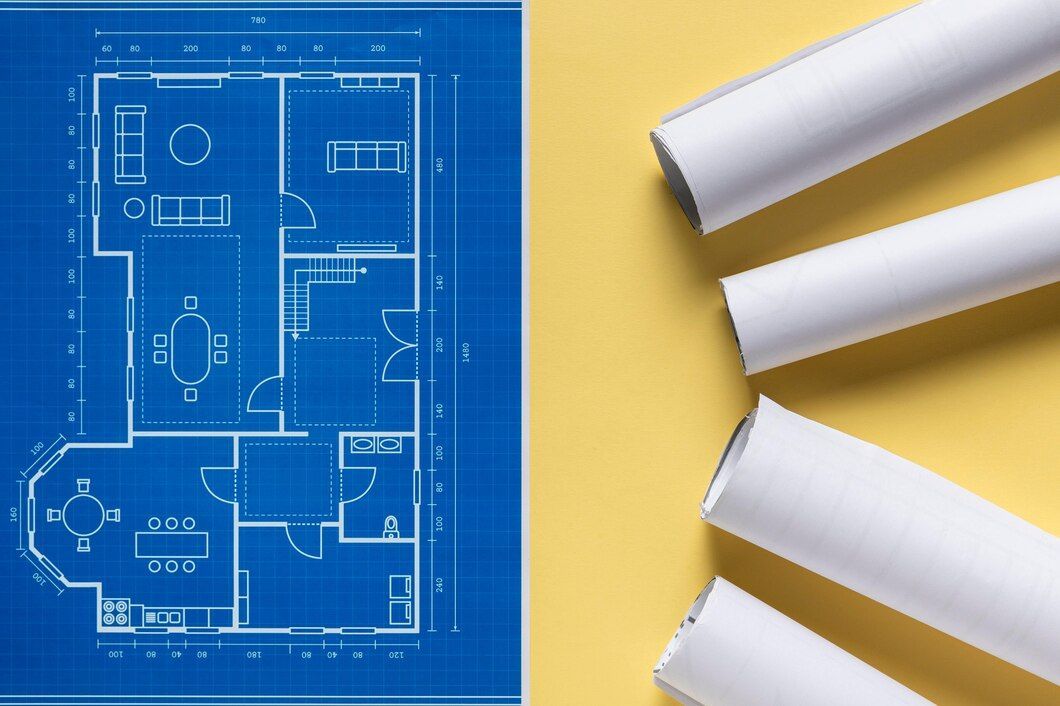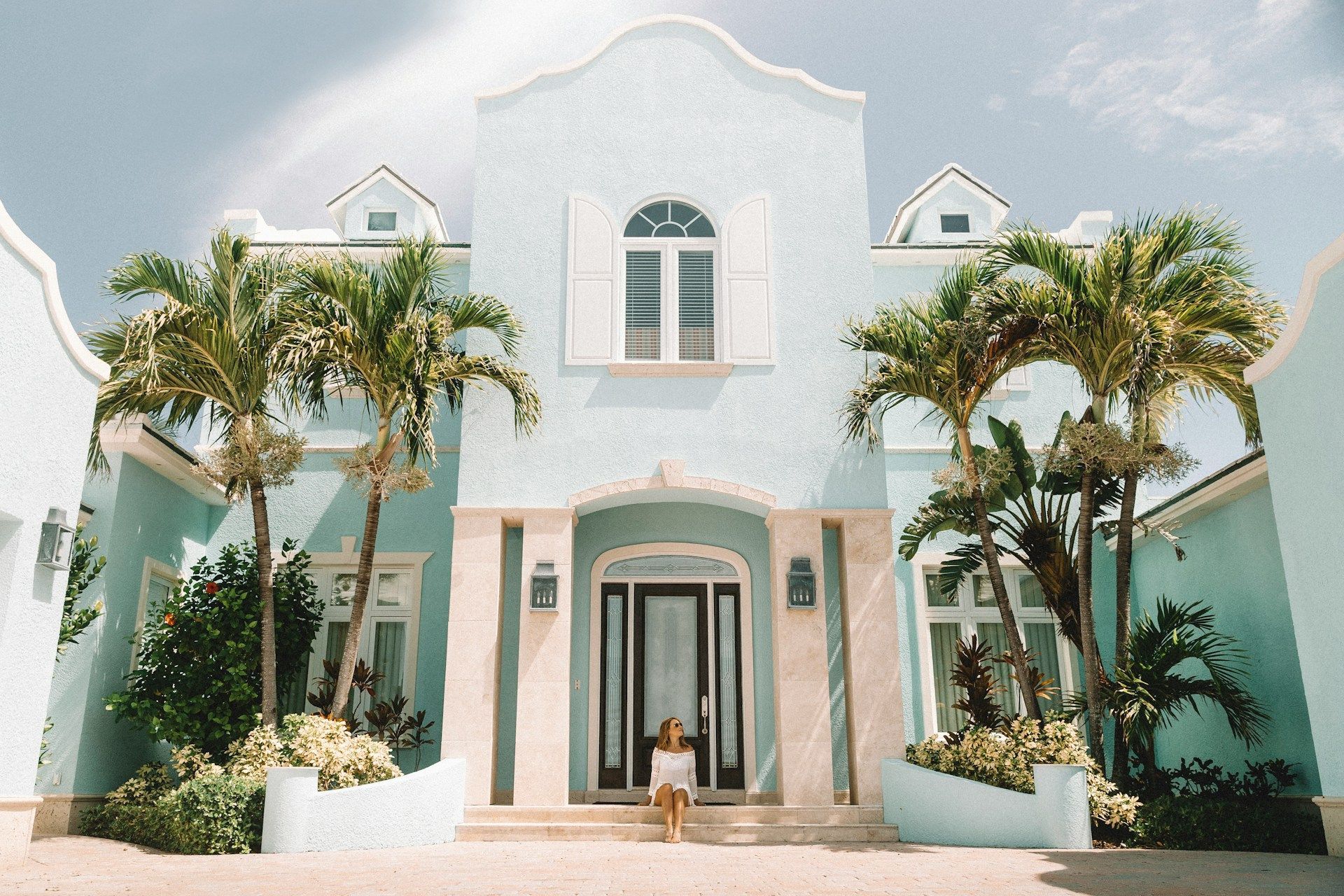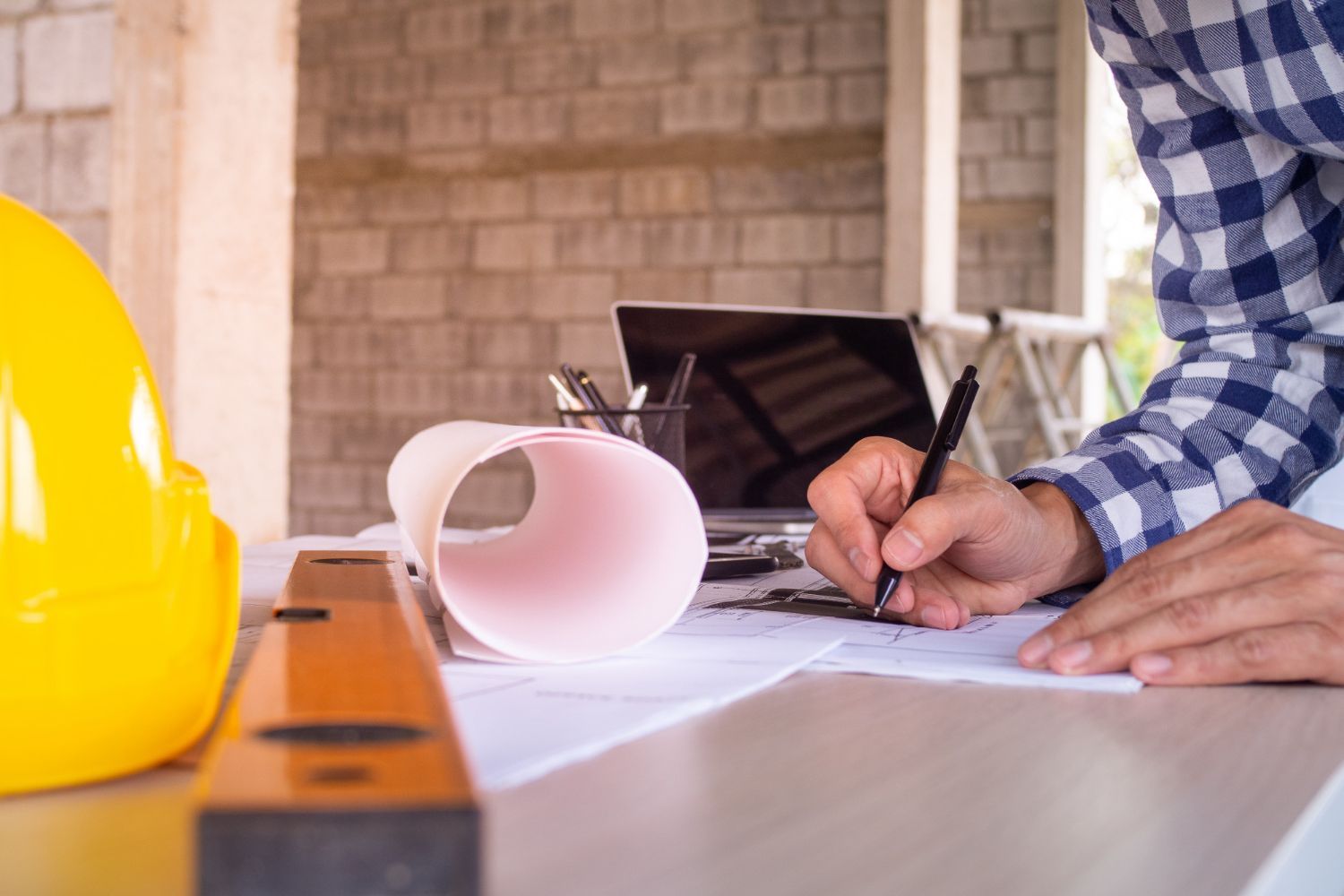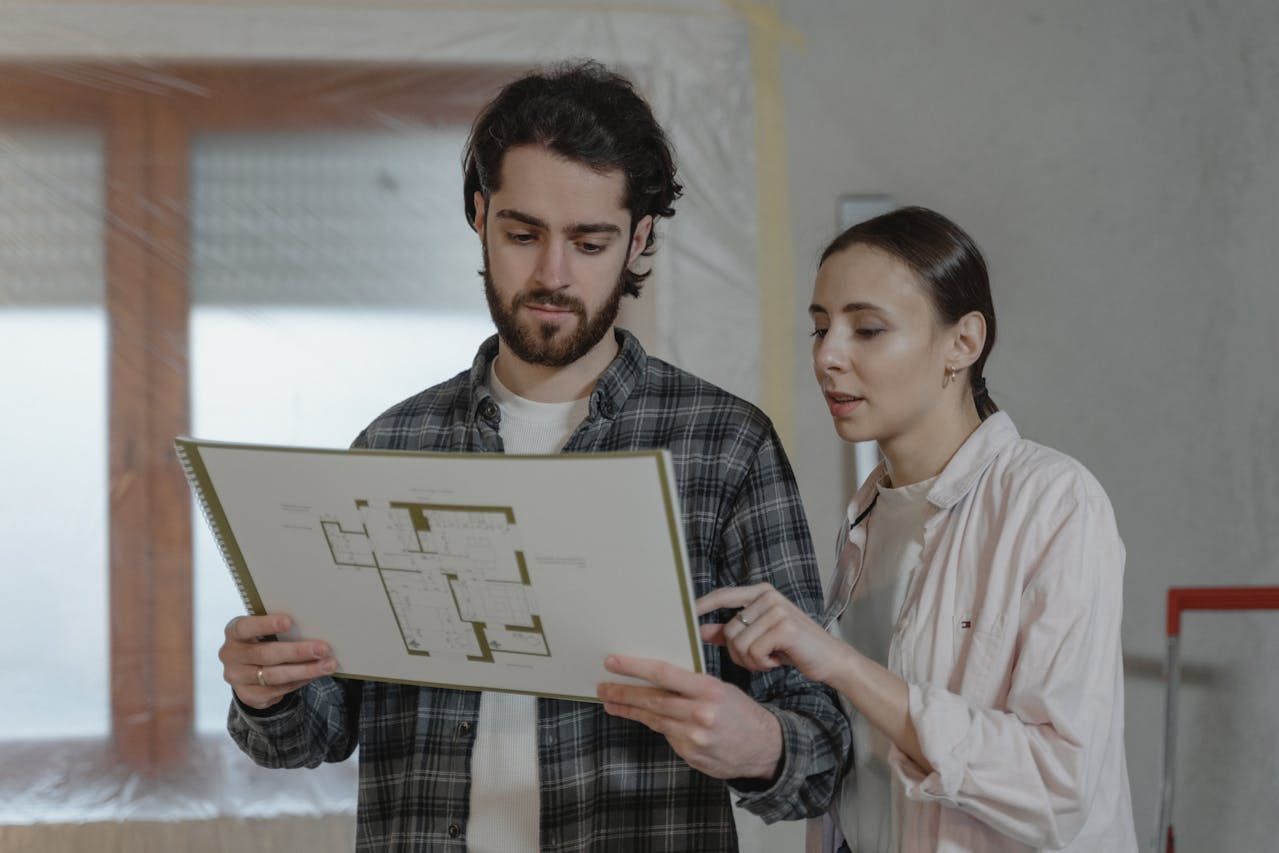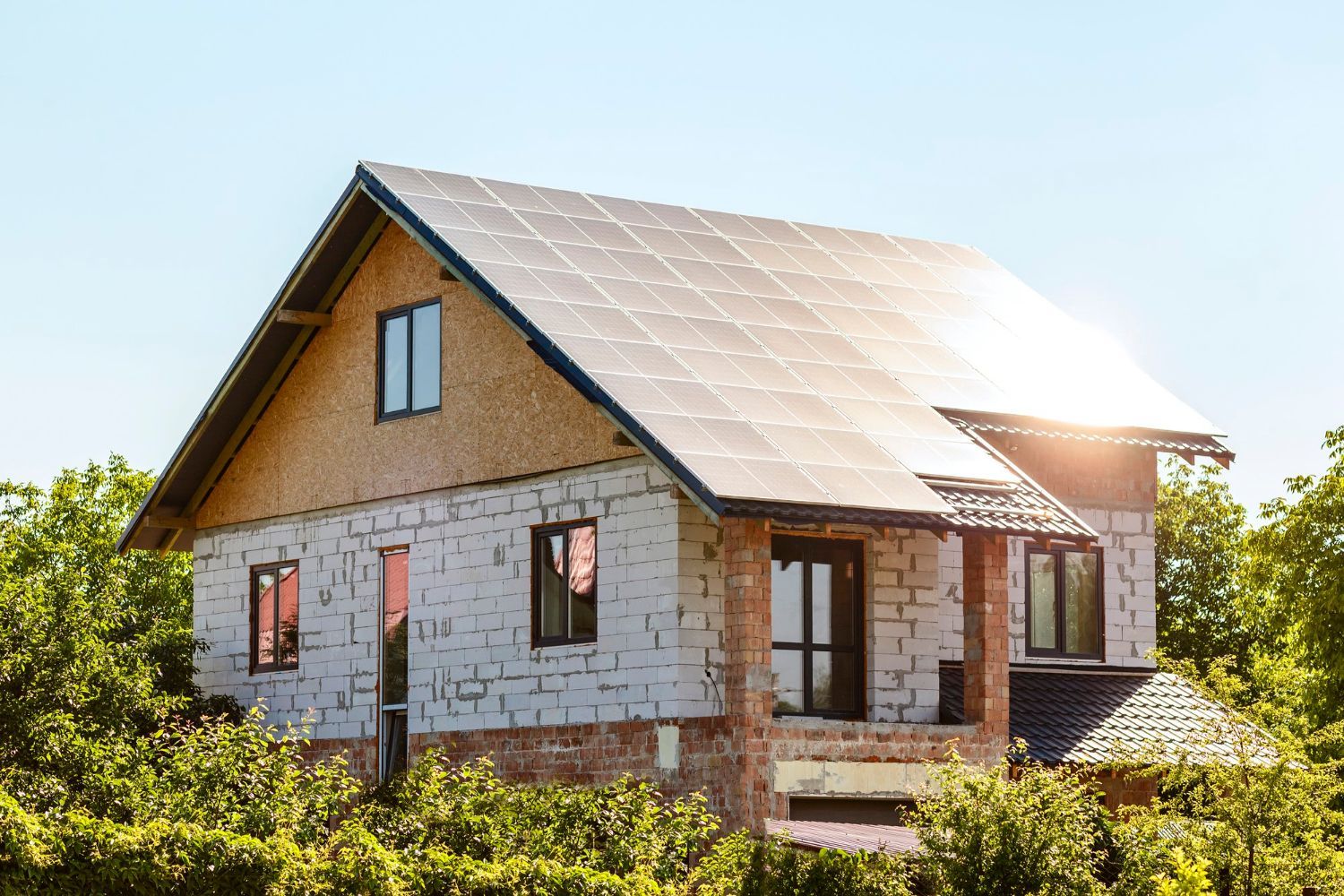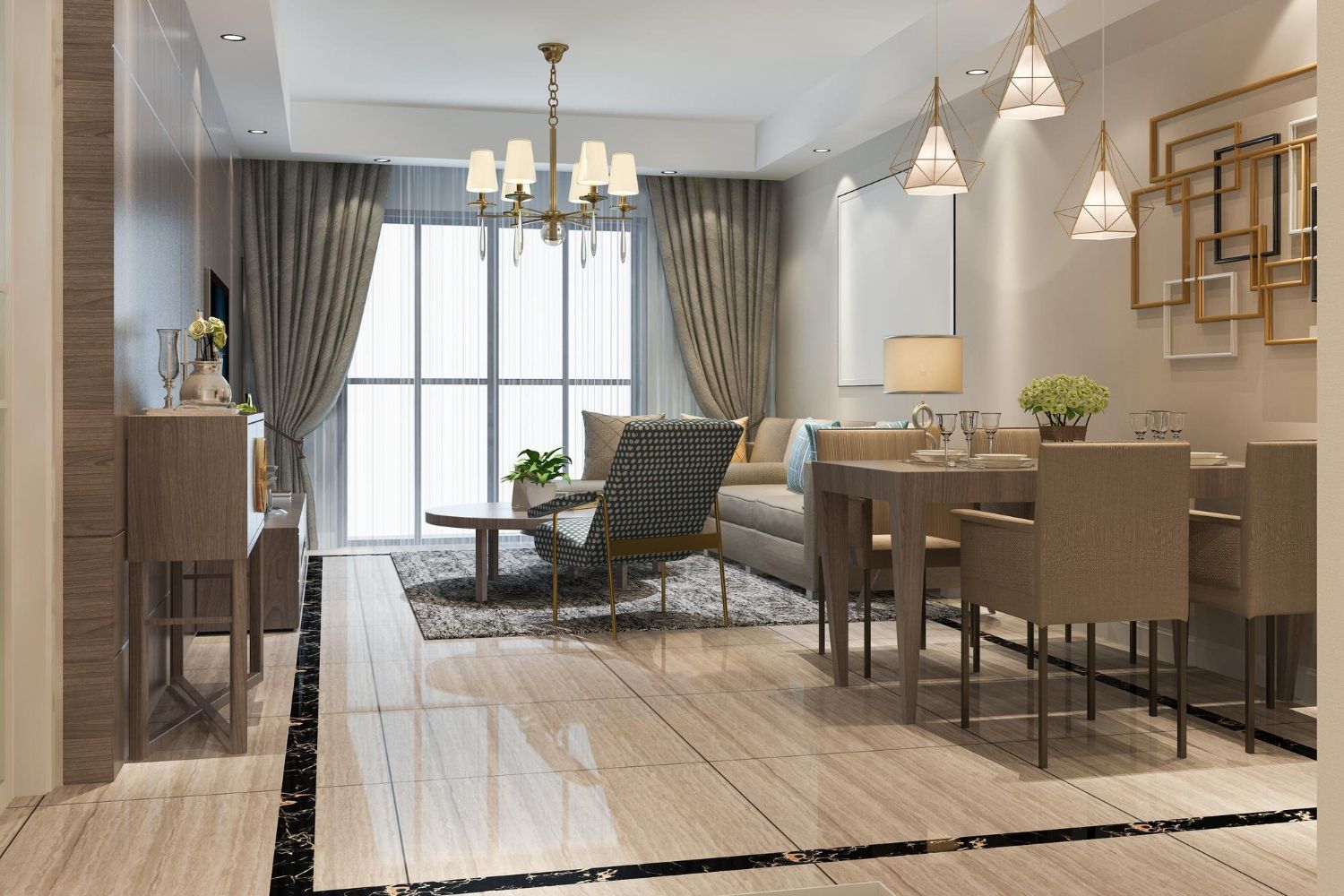Choosing the Right Sustainable Materials for Your Custom Home Build
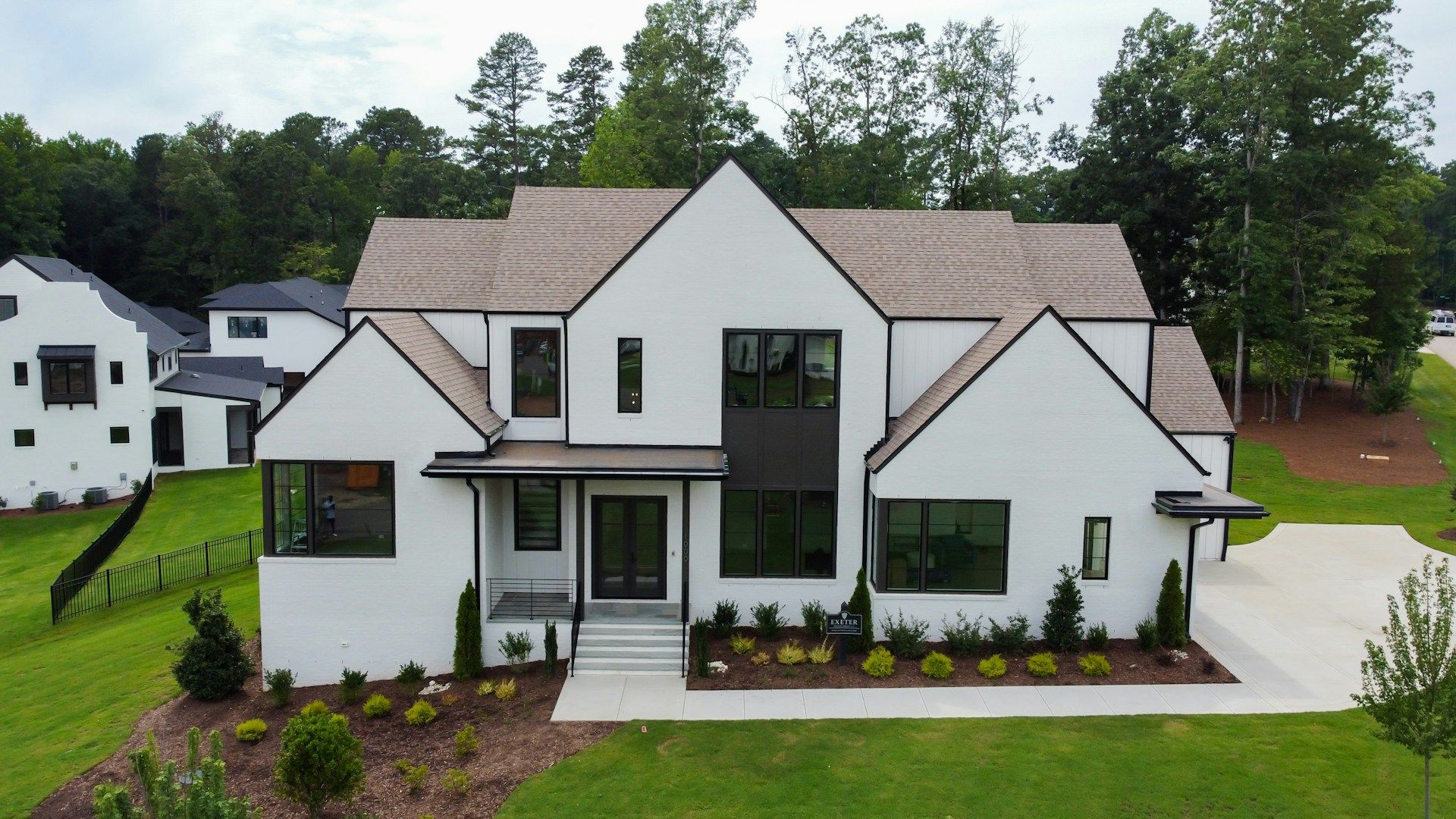
Building a custom home is an exciting opportunity to create the perfect living space tailored to your individual preferences and requirements. For those looking to lessen their environmental footprint, choosing the right sustainable materials for new construction projects is a critical component of the planning process. At Mountain High Builders, we pride ourselves on constructing high-quality, eco-friendly homes that are not only entirely unique to our clients' desires but also help in conserving the environment. In this blog post, we will discuss some of the top sustainable materials that can be incorporated into your custom home build for an even greener home in Bend, Oregon.
As the world becomes more conscious of our collective impact on the environment, there is a growing movement towards using sustainable materials in the construction industry. These materials often come from renewable sources and produce less waste during manufacturing, making them an ideal choice for an eco-conscious custom home. Additionally, sustainable materials typically have lower lifetime energy costs due to their durability and low-maintenance properties.
One of the most popular sustainable materials used in custom home building is reclaimed or recycled wood. By utilizing wood from old buildings, fences, and salvaged timber, you can add a unique, rustic charm to your new home while also reducing landfill waste and deforestation. Furthermore, reclaimed wood is often treated and repurposed, helping to increase its longevity and reduce the need for chemical treatments.
Another sustainable building material worth considering is bamboo. Bamboo is a rapid-growing, renewable resource that has become increasingly popular as a versatile and eco-friendly alternative to traditional hardwoods. It can be used for flooring, cabinetry, and even structural components in some cases.
Insulation is another key component of an energy-efficient home, and sustainable materials such as sheep's wool, cellulose, and recycled denim can offer excellent insulating properties while reducing environmental impact. These materials are not only renewable but can also help improve indoor air quality by reducing the presence of harmful chemicals commonly found in traditional insulation materials.
If you're interested in incorporating any of these sustainable materials into your custom home build, our team at Mountain High Builders is here to guide you through the process. We are passionate about creating environmentally responsible and beautiful homes in Bend, Oregon, and would be thrilled to help you achieve your green building goals. Contact us today to discuss your custom home plans and learn more about the sustainable materials we offer.
The Benefits and Applications of Sustainable Building Materials
As mentioned earlier, the use of sustainable materials in custom home construction comes with an array of benefits that are not only beneficial to the environment but can also enhance the overall quality and durability of your new home. By choosing eco-friendly materials, you can create a unique living space that is efficient, cost-effective, and lessens the environmental impact associated with traditional building methods. Let's explore some of the best sustainable building materials and their applications in more detail.
Reclaimed and Recycled Wood: A Charming, Eco-Friendly Choice
Reclaimed or recycled wood is an ideal material for homeowners looking to infuse their new home with an authentic, rustic charm. This type of wood typically comes from old barns, houses, and fences, as well as from salvaged and fallen trees. When used in new construction projects, reclaimed wood serves as a testament to recycle, repurpose, and reuse ethos.
Some popular applications for reclaimed wood in custom home construction include flooring, ceiling beams, wall accents, and even furniture pieces. By incorporating reclaimed or recycled wood into your home's design, you can create a beautiful, character-filled space that is not only aesthetically pleasing but eco-friendly as well. Moreover, reclaimed wood's natural aged appearance often provides a unique and highly desirable quality that new wood simply cannot replicate.
Bamboo: A Rapid-Growing and Versatile Alternative
In recent years, bamboo has emerged as a popular and sustainable alternative to traditional hardwoods. This incredibly versatile material is technically a grass, but its durability and strength make it an ideal choice for home construction projects. Bamboo's rapid growth rate and availability make it a highly renewable resource and a more sustainable choice compared to slow-growing hardwoods.
When it comes to applications in custom home construction, bamboo can be used for flooring, wall paneling, and even cabinetry. Additionally, it can be stained and treated to mimic various types of wood, allowing for more flexibility in design options for homeowners. If you're looking for an eco-friendly, attractive, and durable material for your custom home, bamboo is certainly worth considering.
Eco-Friendly Insulation: Improving Energy Efficiency and Indoor Air Quality
Insulation is crucial to maintaining comfortable temperatures and controlling energy costs in any home, and sustainable insulation materials offer numerous advantages over traditional options. By opting for sustainable insulation materials, you can improve both the energy efficiency and indoor air quality of your new home.
Sheep's wool, cellulose, and recycled denim are popular choices for eco-friendly insulation. Sheep's wool is a natural, renewable, and biodegradable material that offers excellent thermal performance and can help regulate humidity. Cellulose, made primarily from recycled newsprint, is another high-performing, sustainable insulation material. It is effective at reducing air infiltration and provides excellent sound insulation.
Recycled denim, also known as cotton insulation, is an innovative and sustainable product made from fabric waste. Like the other eco-friendly insulation options mentioned, recycled denim offers excellent thermal and acoustic performance, and due to its nature, it does not contain harmful chemicals commonly found in traditional insulation materials.
Green Roofs and Solar Panels: Eco-friendly Features for Sustainable Living
When it comes to incorporating sustainable materials and features in your custom home build, it's essential to consider both the interior and exterior of your home. A green roof, also known as a living roof, is a fantastic addition that can provide both aesthetic and environmental benefits. A green roof consists of vegetation, typically drought-resistant plants, growing on top of a waterproof membrane. This innovative addition to your home can help reduce stormwater runoff, improve air quality, and provide excellent insulation to lower energy costs.
Solar panels are another sustainable feature that can significantly reduce your home's environmental impact while providing significant long-term savings on energy costs. Installing solar panels on your custom home's roof or property can harness renewable energy from the sun, reducing your reliance on non-renewable sources and shrinking your carbon footprint.
Embracing Sustainable Materials for Your Custom Home Build
Building your dream home with sustainable materials doesn't mean sacrificing comfort, style, or quality. In fact, it can significantly improve the overall appeal, function, and even resale value of your new home while creating a positive impact on the environment. By considering these eco-friendly options when planning your custom home build, you can enjoy the benefits of a sustainable living space that reflects your values and passion for protecting our planet.
At Mountain High Builders, we take great pride in our commitment to responsible and sustainable construction practices. Are you ready to embark on your green-building journey? Our team of experts is here to help you select the best sustainable materials and incorporate them into the home of your dreams. Contact us today to discuss your project and let our custom
home builders in Bend, OR help you lay the foundation for a brighter, greener future.


